On June 1st, 2022, the SDSN USA Diversity Equity and Justice (DEJ) for Sustainable Development Working Group convened for its second annual Network Meeting. The purpose of the meeting was to bring together members for updates on the working group’s activities, networking, and discussion.
The meeting opened with introductions from all four DEJ co-chairs; Dr. Helen Bond, who shared opening remarks on the objectives of the working group, Deepa Vedavyas, who briefly introduced the working group’s foundation work, Claudia Romo Edelman, who shared details of We Are Human’s work and partnership with SDSN USA, and Dr. Victor Udo, who mentioned the growing interest in ESG and how the DEJ group can contribute.
Rev. Liz TheoHaris and Shailly Barnes of the Poor People’s Campaign, and Melanie Mullen of The Episcopal Church joined to discuss the June 18th Moral March on Washington and speak to the urgency of the moment we currently face. The Poor People’s Campaign is a mobilization of poor and working people, brought together all the more urgently by the intersection of the climate crisis, COVID-19 pandemic, gun violence epidemic, food price crisis and more and their disproportionate effect on low income people and racial minorities.
In April, SDSN co-authored a report with the Poor People’s Campaign titled: A Poor People's Pandemic Report: Mapping the Intersection of Poverty, Race and COVID-19. Alainna Lynch, Senior Research Manager at SDSN, shared the approach taken and the results of the report. The report reveals a blind spot in our understanding of the pandemic, revealing disproportionate effects of the pandemic to poor and low income communities, as well as a lack of income and wealth information available for those who have died or fallen ill from COVID-19. Alainna also urged meeting attendees to read the case studies embedded in the report, which reveal the faces and stories behind the data. Shailly Barnes, another contributor to the report, added that the report clearly reveals that infrastructural gaps, not individual choices, are responsible for the varying impact of the virus, and that there are clear places for policy expansion including in expanding healthcare, protection of existing programs like the child tax credit and medicare, and funding for rural hospitals. Because of the intersecting relationship between health, wealth, and other demographic factors, we need all sectors working together to improve conditions in these counties and across the US. Research and academic networks play a key role in this.
Other topics explored in the meeting included:
SDGs and Community Foundations, specifically how aligning philanthropic work with the SDGs, and adopting them as a common framework around the foundations can help to find measurable, collective impact regionally and nationally.
Celebrating diversity at the institutional level, including Hispanic Heritage Month with the HHM Activation Toolkit from Hispanic Star/ We Are All Human! You can learn more about the Hispanic Heritage Month efforts of Hispanic Star by attending an upcoming webinar.
Learning from crises like the climate crisis and the global COVID-19 pandemic by incorporating interdisciplinary knowledge and focusing on inequality. A recent roundtable alongside COP26 featuring several SDSN USA DEJ Working Group Members, and a subsequent white paper, explore these ideas and more.
The importance of SDG 4: Quality Education in moving diversity, equity, and justice forward in the US. Individuals working in the Education for sustainable development (ESD) space have already developed a framework that focuses on social justice and sustainable development, the SDSN USA Mission 4.7 Community of Practice hopes to localize this framework to the US and develop new solutions and materials that can be used by educators. A Networking Meeting to explore this topic and SDG 4 more broadly will be held on June 13, 2022.

